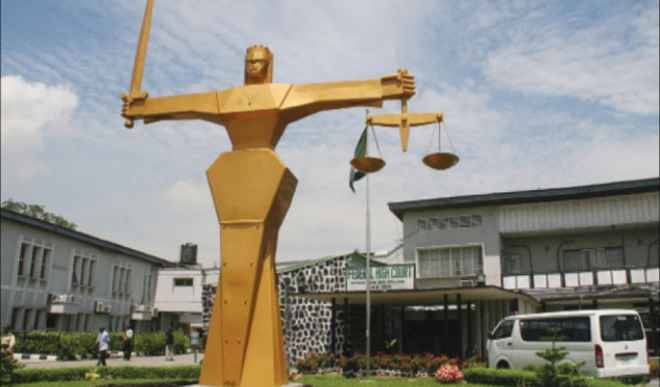Before you condemn the S/Court verdict on Imo guber
I have read a lot of commentaries on the recent Supreme Court judgment declaring Senator Hope Uzodinma as the duly elected governor of Imo State. Many have wondered how a candidate who came fourth in an election would be declared winner by the court. Some have argued that the court at worst should have ordered […]

I have read a lot of commentaries on the recent Supreme Court judgment declaring Senator Hope Uzodinma as the duly elected governor of Imo State. Many have wondered how a candidate who came fourth in an election would be declared winner by the court. Some have argued that the court at worst should have ordered a re-run or run- off election. A few orders have submitted that in view of the recent decision of the apex court regarding the dual candidacy of Uche Nwosu, the court ought not to have declared Uzodinma the winner. I shall attempt to address these issues seriatim.
First, Hope Uzodinma’s petition was predicated on the fact that INEC unlawfully cancelled results in most polling units where he scored majority votes. He contended that INEC lacks the power to nullify the election of a polling unit after the Presiding Officer has declared the result in that polling unit. He further argued that if you calculate the votes in the polling units unlawfully cancelled by INEC and add them to the existing ones, he scored the highest number of valid votes cast and ought to have been declared the winner. Uzodinma through his counsel tendered those result sheets where he won and INEC did not deny that those results were written by their agents (presiding officers). There were no contradictory results tendered by the respondents in respect of the polling units where Uzodinma claimed he won. The law is already settled that once results have been declared by a presiding officer, INEC has no power to nullify or cancel it. Only a competent election petition tribunal has such power.
Secondly, the apex court could not have ordered a re-run or run-off because Uzodinma met the constitutional requirement of securing 25% votes in two-thirds of the local governments in the state and he won the highest number of valid votes cast in the election. In any event, the petitioner/appellant, Hope Uzodinma, did not seek such a relief from the tribunal.
Thirdly, the argument on the effect of Uche Nwosu’s judgment was not canvassed at the Supreme Court in Uzodinma’s case. The Supreme Court has no power to delve into issues not canvassed or presented before it. There was no cross appeal or issue canvassed at the apex court on whether Hope Uzodinma was a candidate of the APC in the election or whether his appeal has become incompetent in view of the recent decision of the court regarding the dual candidacy of Uche Nwosu. In any event, Hope Uzodinma was not a party to that other case nullifying the candidacy of Uche Nwosu.
The decision of the apex court is not meant to massage the sentiments of a few persons. The court of law decides a case based on the issues formulated before it and marrying the evidence led at the trial to the law. That to me is what the Supreme Court just did. We however await the full judgment of the court so we can make better meaning out of it. We only have to respect it. Of course, intellectual critiques are welcomed.
Abdullahi Kabir writes from No 1, Gamawa Road, GRA Azare, Bauchi State.
